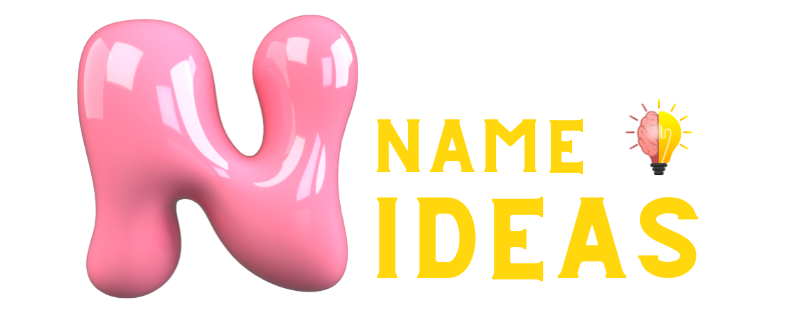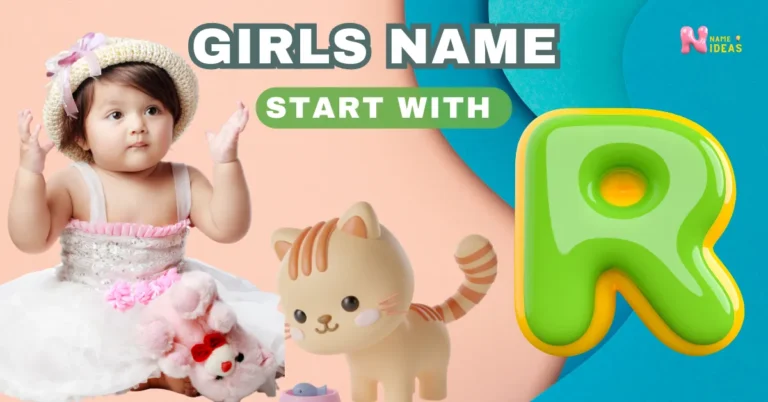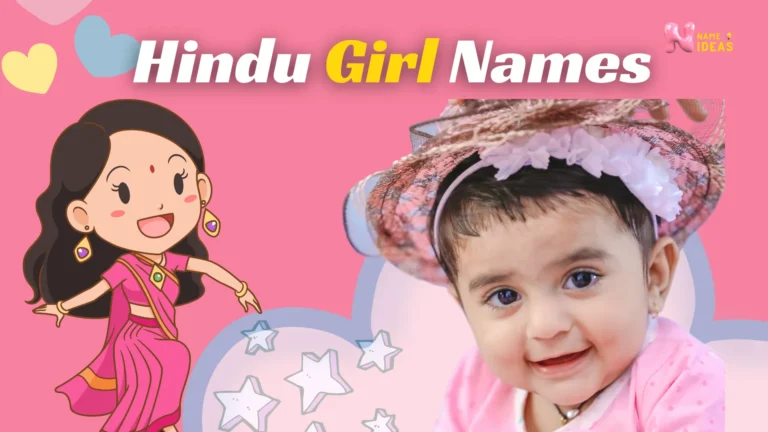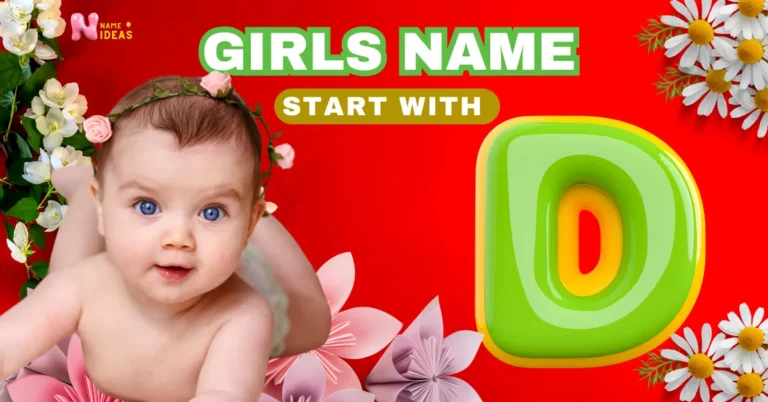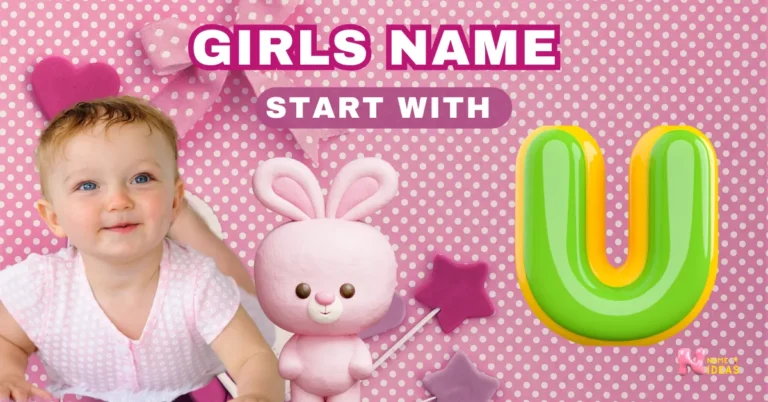
The rich tapestry of Māori culture is woven with legends, traditions, and a pantheon of gods and goddesses. These divine entities are deeply rooted in the Māori worldview and continue to hold significance in contemporary times.
the fascinating world of Maori deities, exploring their names, roles, and stories. Whether you are a mythology enthusiast, a student, or someone interested in learning more about this vibrant culture, this guide will provide you with valuable insights into the gods and goddesses of Maori mythology.
Māori Gods Names and Meanings
The Māori Pantheon
The Māori pantheon, like many other mythological systems, is a complex web of deities, each with a unique role and personality. Here, we delve into the names and attributes of some of the most prominent figures in the Māori mythology.
Tāne Mahuta
Tāne Mahuta, often referred to as the god of forests and birds, holds a special place in Māori cosmology. As the son of Ranginui (the sky father) and Papatūānuku (the earth mother), Tāne Mahuta is credited with separating his parents, allowing light and space to exist in the world.
Rongo
Rongo, the god of cultivated plants, plays a vital role in Māori agriculture and sustenance. His blessings are sought by Māori farmers to ensure bountiful harvests and fertility of the land.
Tāwhirimātea
Tāwhirimātea, the god of weather, is a powerful and sometimes tempestuous figure in Māori mythology. His actions often result in storms, winds, and other natural phenomena, emphasizing the Māori connection to the forces of nature.
Tangaroa
Tangaroa, the god of the sea, holds dominion over the oceans and all its creatures. Māori fishermen and seafarers invoke his name for safe voyages and successful catches.
Tūmatauenga
Tūmatauenga, the god of war, embodies the warrior spirit in Māori culture. His name is associated with courage, strength, and the martial prowess of the Māori people.
Haumia-Tiketike
Haumia-Tiketike is the god of wild and uncultivated food. In a land abundant with natural resources, he represents the connection between the Māori people and their environment.
Tūmatauenga
Tūmatauenga, though primarily a god of war, also symbolizes human achievements and the ceaseless pursuit of knowledge and mastery.
Whiro
Whiro, the god of darkness and evil, is a complex and multifaceted figure. He embodies both the necessary balance in the world and the challenges posed by adversity.
Hine-nui-te-pō
Hine-nui-te-pō, often known as the goddess of death, plays a pivotal role in Māori cosmology. Her domain lies in the afterlife, where the spirits of the deceased find their final resting place.
who are the 7 māori gods?
In Māori mythology, there isn’t a strict list of seven gods. The Māori pantheon is rich and diverse, with numerous deities, each playing unique roles in their cosmology.
- Ranginui – The sky father.
- Papatūānuku – The earth mother.
- Tangaroa – Atua of the sea, rivers, lakes, and all that live within them.
- Tūmatauenga – Atua of war.
- Rongo – Atua of cultivated plants.
- Tāne Mahuta – The god of forests and birds.
- Whiro – The god of darkness and evil.
Māori Goddess Names
In Māori mythology, there are several female māori gods, each with unique attributes and roles. Here are the names of some Māori goddesses:
Papatūānuku – Papatūānuku is the primordial earth mother, considered the mother of all living things. She is a central figure in Māori cosmology, representing the land.
Ārohirohi – Ārohirohi is the goddess of mirages. She is associated with optical illusions and the shimmering heat haze often seen in the distance.
Haumia-Tiketike – Haumia-Tiketike is the goddess of uncultivated food, particularly bracken fern. She embodies the Māori connection to the natural world and wild food sources.
These goddesses, along with many others, are part of the Māori pantheon, contributing to the rich tapestry of Māori mythology and culture.
Major Maori Gods and Goddesses
Rangi – The Sky Father
Rangi, also known as Ranginui, is the Sky Father in Maori mythology. He is one of the primal parents alongside Papa, the Earth Mother. According to the legend, Rangi and Papa were locked in a tight embrace, causing darkness between them. Their children, who lived in the darkness, grew frustrated by their confinement and decided to separate their parents to bring light into the world. This separation marks the beginning of the world as we know it, with Rangi and Papa now existing as the sky and the earth, forever longing for each other.
Significance:
Rangi represents the sky and heavens, often associated with protection and authority. His separation from Papa plays a crucial role in the Maori understanding of the natural world and its divine origins.
Papa – The Earth Mother
Papa, also known as Papatuanuku, is the Earth Mother. She is the counterpart of Rangi, the Sky Father, and together they are the creators of all life. The legend of their separation explains the origin of many natural phenomena and the continuing bond between the earth and the sky.
Significance:
Papa symbolizes fertility, nourishment, and the nurturing aspects of nature. She is the embodiment of the earth and its life-sustaining properties.
Tāne – God of Forests and Birds
Tāne is one of the most important deities in Maori mythology. He is the god of forests and birds and is credited with creating the first human, Hineahuone, from the soil. Tāne is also known for his role in separating his parents, Rangi and Papa, to bring light into the world.
Significance:
Tāne is revered as the life-giver and sustainer of life. He represents growth, nature, and the interconnectedness of all living things.
Tāwhirimātea – God of Storms and Wind
Tāwhirimātea is the god of storms and wind. He was one of the children of Rangi and Papa who opposed their separation. In his fury over the separation, Tāwhirimātea unleashed his wrath upon his brothers, bringing storms and winds to the earth.
Significance:
Tāwhirimātea embodies the untamed and destructive aspects of nature. His presence is felt in the fierce storms and winds that challenge the resilience of the land and its people.
Tangaroa – God of the Sea
Tangaroa is the god of the sea and all its creatures. He is one of the most significant deities in Maori mythology, reflecting the Maori’s deep connection with the ocean. Tangaroa’s domain includes all marine life, and he is often invoked in fishing and seafaring practices.
Significance:
Tangaroa represents the wealth and mysteries of the sea. He symbolizes abundance, exploration, and the sustenance provided by the ocean.
Rūaumoko – God of Volcanoes and Earthquakes
Rūaumoko is the god of volcanoes and earthquakes. According to legend, he is the youngest child of Rangi and Papa, who remained in his mother’s womb during the separation. His movements within the earth cause earthquakes and volcanic eruptions.
Significance:
Rūaumoko embodies the earth’s inner forces and the power of transformation. He is a reminder of the earth’s dynamic and sometimes destructive nature.
Significance of Maori Deities in Maori Culture
Maori deities hold profound significance in Maori culture and are deeply embedded in various cultural practices, religious beliefs, and storytelling traditions. These gods and goddesses are not merely mythological figures but are regarded as ancestral beings with direct influence over the natural and human worlds.
The rituals, prayers, and offerings dedicated to these deities reflect the Maori’s respect and reverence for the natural world. Each god and goddess embodies specific aspects of the environment and human experience, teaching valuable lessons about balance, respect, and interconnectedness.
Are Māori gods still worshipped today?
While traditional Māori religious practices have evolved, some elements of Māori spirituality and respect for these gods still exist in contemporary Māori culture.
Who is the most important Maori god?
The importance of Maori gods varies, but Tāne, the god of forests and birds, is highly revered for his role in separating Rangi and Papa and creating humanity.
How are Maori gods worshiped?
Maori gods are traditionally worshipped through rituals, prayers, and offerings, often conducted in marae (sacred meeting grounds). These practices are a way to honor the deities and seek their guidance and blessings
What is the legend of Rangi and Papa?
Rangi (the Sky Father) and Papa (the Earth Mother) were initially entwined in a tight embrace, causing darkness. Their children, frustrated by the lack of space and light, decided to separate their parents. This act of separation brought light into the world and allowed life to flourish.
What is the significance of Tāne Mahuta’s separation of Ranginui and Papatūānuku?
Tāne Mahuta’s actions represent the creation of space and life, highlighting his role as a creator figure in Māori mythology.
How do Māori farmers honor Rongo?
Māori farmers often perform rituals and ceremonies to seek Rongo’s blessings for a fruitful harvest.
Is there a Māori god associated with the arts and crafts?
Yes, Tāne Mahuta is also considered a patron of the arts and crafts, representing creativity and innovation.
What are the major festivals or rituals dedicated to Māori gods?
Festivals like Matariki, which celebrates the Māori New Year, often include rituals and ceremonies honoring various gods from the Māori pantheon.
Conclusion
The names of Māori gods echo through time, carrying with them the wisdom, traditions, and values of the Māori people. These divine beings are more than mythological figures
Maori mythology is a fascinating realm filled with powerful gods and goddesses, each representing different aspects of the natural world and human experience. By exploring the names and stories of these deities, we gain a deeper appreciation for the Maori culture, its values, and its connection to the environment.
